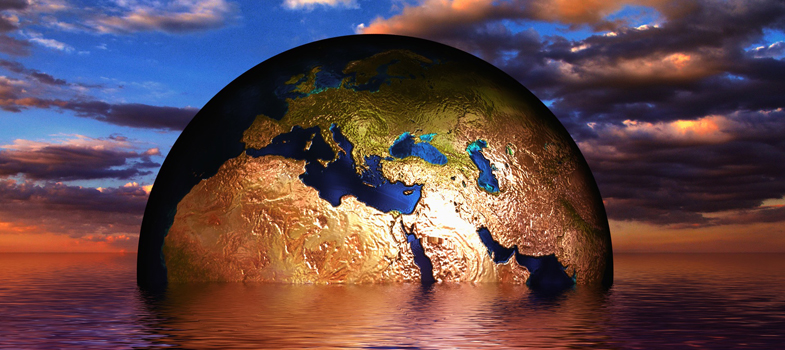3 Taking action individually and collectively
3.1 Individual action
Food is one of the easiest areas to start making a quick yet effective personal impact on reducing our carbon emissions. We don't have to wait for the government to introduce legislation or for other people to start doing things; we can act right now with the choices we make each day about what to eat.
We can act alone and make a real difference, and by joining with others we can do even more. We can rediscover the positive experiences of acting collectively and reconnecting with others around us. Traditional food and farming has this social element embedded deep within it – the ‘culture’ in agriculture describes more than simply a scientific production of foodstuffs for humans, it is the life of both human and other creatures that is created, traded and celebrated. Getting back some of this fundamental wellbeing is a huge bonus that comes from trying to reduce our carbon emissions and, in turn, it can motivate us to go even further.
To be truly sustainable, our food must be produced in ways which uphold traditional farming livelihoods rather than supporting corporate agribusiness, which is driven by profit not regard for the ecosystem or indigenous livelihoods. This means that people like you and I who were not brought up to think that we might have a role to play in our food system have to start taking back some control. Supermarkets cannot do this even if we choose to buy organic and fair-trade food from them. This is because they work on the principle of a ‘race to the bottom’ through engaging in price wars that squeeze suppliers, making it impossible for farmers to invest in worker health and safety and environmental protection measures.
The author Barbara Kingsolver talks on the ethics of eating.
And Hugh Fearnley-Whittingstall answers the question ‘What can we do?’.
2.5 Food waste
